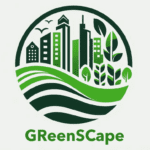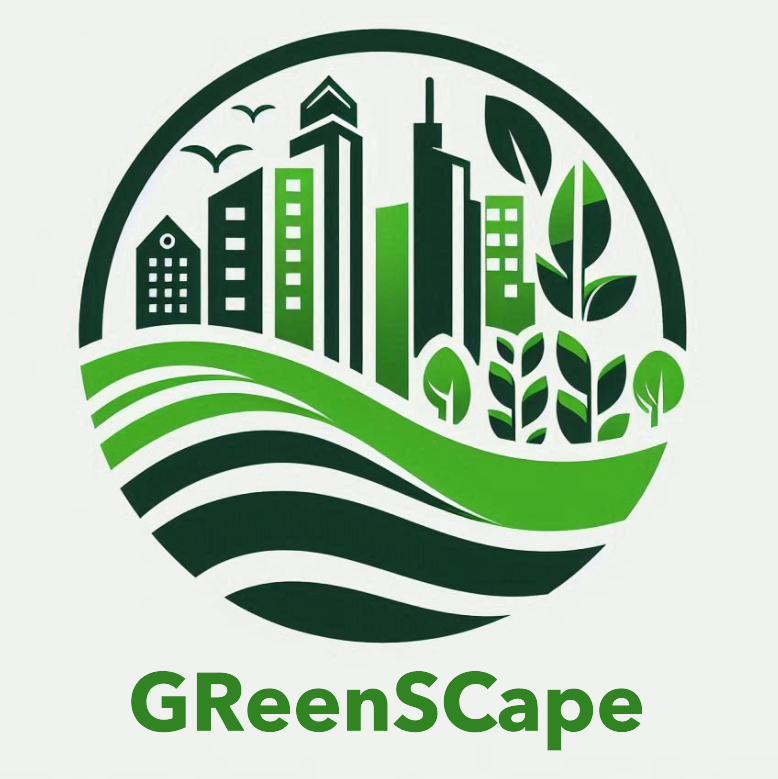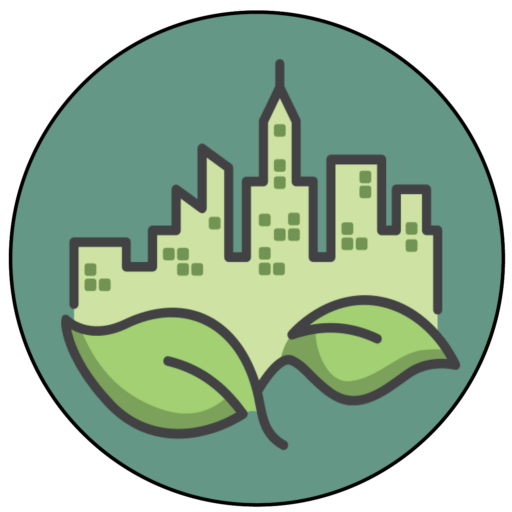GReenSCape: Growing Resilience with Urban Agriculture for Sustainable Cities
Title: Growing Resilience with Urban Agriculture for Sustainable Cities (GReenSCape)
Kooperierende Institutionen & Projektpartner:
- Universität Wien: Univ-Prof. Kerstin Krellenberg und James Vandenberg MSc
- Universität der Philippinen: Kristian Saguin und Dr. Yany Lopez
Standort: Wien, Österreich & Quezon City, Philippinen
Projektdauer: 01.6.2024 – 31.5.2026
Finanzierung des Projekts: OEAD, Entwicklungszusammenarbeit Forschungsstipendium des Bundesministeriums für Bildung, Wissenschaft und Forschung
Projekt-Website: https://oead.at/de/kooperationen/internationale-hochschulkooperationen/kooperation-entwicklungsforschung/koef196-greenscape

The international collaboration project GReenSCape addresses and analyzes the multifunctionality of different types of Urban Agriculture, their impact on the resilience capacities of cities, and their ability to contribute to the United Nation’s Sustainable Development Goals (SDGs) which extend beyond SDG 2 – ‘No Hunger’ and SDG11 – ‘Sustainable Cities & Communities’.
Climate change has led to more frequent and intense storms, floods, and heatwaves which test urban infrastructure. They also disrupt highly interconnected global supply chains, which can amplify food and nutrition insecurities, socio-economic inequalities, and civil unrest. Therefore, cities must strive to strengthen their resilience capacities to prepare for novel disruptions.
In this context, GReenSCape is particularly interested if and how different types of urban agriculture can contribute to urban resilience und sustainability goals: 1. Outdoor community gardens that can help contribute to climate change adaptation and foster trusting communities, 2. Building-integrated rooftop greenhouses that can strengthen the circularity and robustness of infrastructure, and 3., Indoor technology driven farms that can make substantial contributions to food and nutrition security, while providing a diverse range of employment opportunities, and driving research and development activities.
Over the course of the 2-year project period, fieldwork will be conducted in both case cities, Quezon City and Vienna, to understand the impact of emerging urban agriculture policies as well as how the land agreements, education, training, and farming resources they provide support a growing number of urban farmers. From interviews with key political stakeholders, to a plethora of urban farm visits, and transdisciplinary workshops, a holistic impact assessment framework will be developed.
More about GReenSCape:
 ReCity
ReCity




